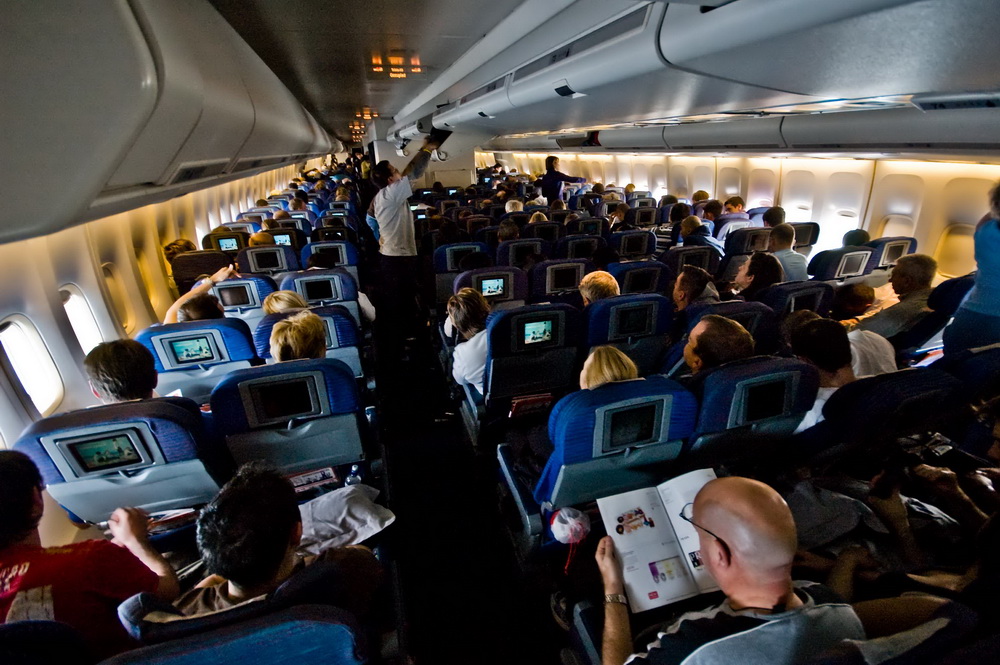If a customer booking a trip abroad has an eye condition, the main area of concern is correctional surgery.
A regular question for travel agents and tour operators from customers is what implications travelling might have for their particular medical condition. Most common of all are questions about whether it is safe to fly.
If a customer booking a trip abroad has an eye condition, the main area of concern is correctional surgery. What you will often get is customers who have already pre-booked flights getting in touch when they then have their eye surgery scheduled within a few weeks of their departure date. They will want to know whether they now need to cancel or reschedule their flights, and whether they are entitled to do that.
In the first place, the best advice to give is to recommend the customer consults their ophthalmologist, preferably the consultant who has arranged or is leading the surgery. They are in the best position to give specific advice regarding the timing of the surgery, the prognosis for recovery and the individual’s condition. Based on the doctor’s information, travel professionals are then in a better position to assist.
In terms of background knowledge about air travel and eye conditions, the main concern is around changes in air pressure in the aeroplane cabin, which can have an impact on the eyes. However, it has to be said that ordinary regulation of pressure within an aircraft does minimise this effect, and it by no means becomes a factor in all cases of passengers travelling after eye surgery.
For example, for anyone who has had surgery to remove cataracts, or any procedure that involves laser treatment such as repairing retinal tears, there is no problem at all with flying even immediately after the procedure. The main exceptions to this are if someone has had surgery on a detached retina or if they have had a corneal transplant. In both cases, gas bubbles are inserted into the eye to hold the retina or cornea in place while it heals. It is extremely dangerous to fly while this gas bubble is still present in the eye, as even minor changes in air pressure could cause severe damage to the eye. It is essential that passengers are therefore warned not to fly until given the all clear by their doctor.
Another eye condition a traveller will often ask advice about is glaucoma. In general terms, because of the regulated air pressure and oxygen levels inside aircraft cabins, flying should pose no additional risks to customers with glaucoma, but again it is good practice to recommend they seek advice from their doctor.
Travel insurance for eye conditions
Something else to remember to inform patients about is the need to take out bespoke travel insurance for their eye condition. If a customer tells you they are scheduled to undergo surgery on their eyes, or if they are asking advice on travelling with conditions like glaucoma or macular degeneration, you should inform them of the need to declare this to their travel insurance provider. If they don’t, then failure to disclose could invalidate any medical claims they may have to make against their insurance – regardless of what the claim is for.
To get further details about travel insurance for eye conditions, view more here.




























































































































































































